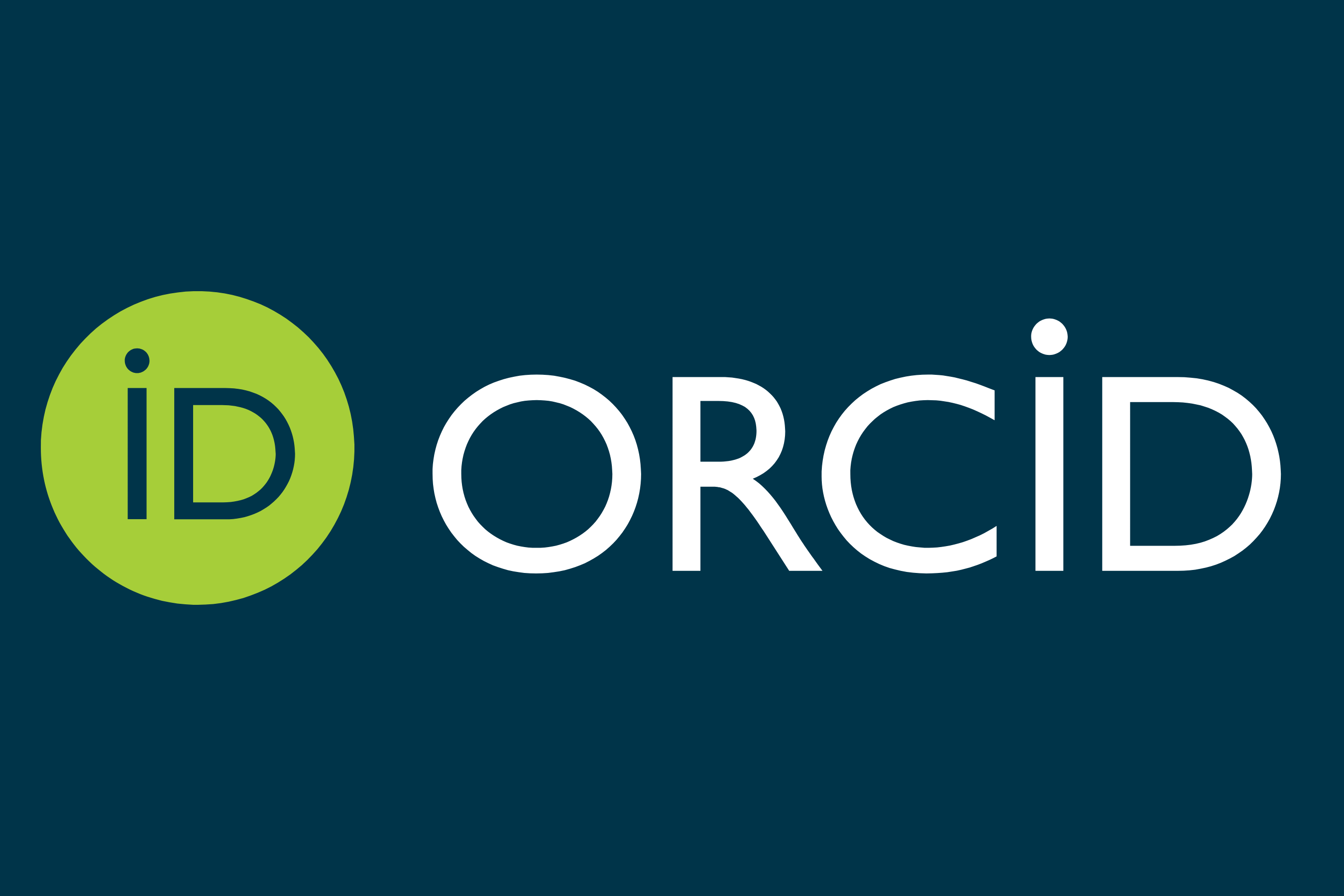القيادة الذكية وأثرها في تحقيق التنمية المستدامة دراسة تطبيقية في حاضنة اعمال بابل
DOI:
https://doi.org/10.31272/jae.i145.1277الكلمات المفتاحية:
القيادة الذكية، التنمية المستدامةالملخص
يتسم العصر الحالي بالتقدم التكنولوجي السريع والتعقيدات الاقتصادية والتحديات البيئية، برز مفهوم القيادة الذكية كمحرك حاسم في السعي لتحقيق التنمية المستدامة. لذا يحاول البحث الحالي استكشاف تأثير القيادة الذكية في تحقيق أهداف التنمية المستدامة. ولتحقيق اهداف البحث قام الباحثون بتوزيع استبيان على العاملين في حاضنة اعمال بابل وقد تم الحصول على (30) استبيان صالحة للتحليل الاحصائي قد تم تحليل البيانات باستعمال البرنامج الاحصائي المتقدم Smart PLS V.4 وقد توصل البحث الى مجموعة من الاستنتاجات أهمها : تؤثر القيادة الذكية في تحقيق التنمية المستدامة وذلك من خلال توجيه حاضنة اعمال بابل نحو المشاريع التي تعتمد الطاقة المتجددة وممارسات الاقتصاد الدائري والابتكار الاجتماعي وتمكين المجتمع، اذ يعمل القادة الأذكياء على تحفيز التأثيرات البيئية والاقتصادية والاجتماعية الإيجابية مع تعزيز القدرة التنافسية التنظيمية والمرونة. كما توصل البحث الى مجموعة توصيات أهمها ان على المنظمة المعنية تنمية قدرات القيادة الذكية لدى أصحاب المشاريع مما يساهم في تحقيق التنمية المستدامة.
المراجع
[1] Chang, A. Y., & Cheng, Y. T. (2019). Analysis model of the sustainability development of manufacturing small and medium-sized enterprises in Taiwan. Journal of cleaner production, 207, 458-473.
[2] Coleman, D. ,Boyatzis, R. & McKee, A. (2002) Primal Leadership. Realizing the Power of Emotional Intelligence. Harward Business School Press. Boston.
[3] Daderman, A. M., Ronthy, M., Ekegren, M., & Mardberg, B. (2013). “Managing with my heart, brain and soul”: The development of the Leadership Intelligence Questionnaire. Journal of Cooperative Education and Internships, 47(1), 61-77.
[4] Daud, S., Hanafi, W. N. W., & Othman, N. M. (2020). The Role of Social Enterprises in Achieving Sustainability Development Goals for Malaysia. Global Business & Management Research, 12(4).
[5] Ekegren, M., & Daderman, A. M. (2015). Leadership intelligence before and after participation in UGL leadership training. International journal of transpersonal studies, 34(1-2), 23-33.
[6] Girczyc, P. A. (2008). Toward a theory of intelligent leadership as adaptive action. University of La Verne.
[7] Goleman D 1996. Emotional intelligence: Why it can matter more than IQ. New York, NY: Bantam Books.
[8] Goleman D, Boyatzis R & McKee A 2013. Primal leadership: Unleashing the power of emotional intelligence. Boston, MA: Harvard Business Review Press.
[9] Goralski, M. A., & Tan, T. K. (2020). Artificial intelligence and sustainable development. The International Journal of Management Education, 18(1), 100330.
[10] Hair, J., Hult, T., Ringle, C. & Sarstedt, M. (2017). A primer on partial least squares structural equation modeling (PLS-SEM). Los Angeles: Sage.
[11] Law, K. M., & Gunasekaran, A. (2012). Sustainability development in high-tech manufacturing firms in Hong Kong: Motivators and readiness. International Journal of Production Economics, 137(1), 116-125.
[12] Mattone, J. (2013). Intelligent Leadership: What You Need to Know to Unlock Your Full Potential. Amacom Books
[13] Mikušová, M. (2017). To be or not to be a business responsible for sustainable development? Survey from small Czech businesses. Economic research-Ekonomska istraživanja, 30(1), 1318-1338.
[14] Rashid, S. M. R. A., & Samat, N. (2018). Effectiveness Of Microcredit Programme in Poverty Alleviation Towards Achieving Sustainability Development Goals in Malaysia. Humanities and Civilization (ICSHAC 2018), 112.
[15] Ronthy M 2014. Leader intelligence: How you can develop your leader intelligence with the help of your soul, heart and mind. Stockholm, Sweden: Amfora Future Dialogue AB.
[16] Salovey P & Mayer JD 1990. Emotional intelligence. Imagination, Cognition and Personality, 9(3):185–211. doi: 10.2190/DUGG-P24E-52WK- 6CDG
[17] Sydänmaanlakka, P. (2003). Intelligent leadership and leadership competencies: developing a leadership framework for intelligent organizations.
[18] Sydänmaanlakka, P. (2008, May). Intelligent leadership and creativity: supporting creativity through intelligent leadership. In An international conference on creativity and innovation management integrating inquiry and action the 2nd community meeting. Buffalo (Vol. 8).

منشور
إصدار
القسم
الرخصة
مجلة الإدارة والاقتصاد هي مجلة مفتوحة المصدر حيث تكون جميع محتوياتها مجانية. تخضع مقالات هذه المجلة لشروط ترخيص المشاع الإبداعي المنسوب إلى المؤلف (CC-BY 4.0) (https://creativecommons.org/licenses/by/4.0/legalcode) الذي يسمح للمرخص لهم دون قيود بالبحث عن النص الكامل للمقالات أو تنزيله أو مشاركته أو توزيعه أو طباعته أو ربطه به، وفحصه للفهرسة وإعادة إنتاج أي وسيلة للمقالات بشرط أن ينسبوا إلى المؤلفين الفضل في ذلك (الاستشهاد). تسمح المجلة للمؤلفين بالاحتفاظ بحقوق الطبع والنشر لمقالهم المنشور.
. Creative Commons-Attribution (BY)









